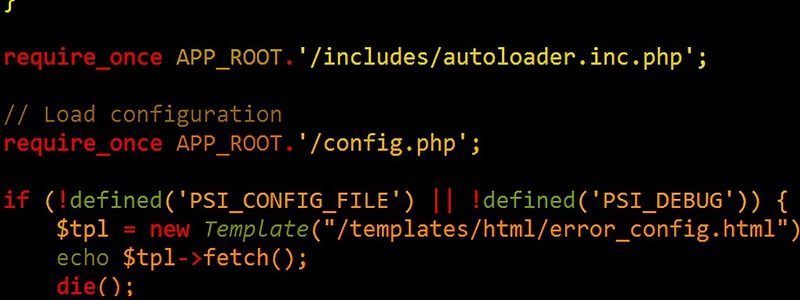One must remember that each component is not tied necessarily to the other. Therefore, one must break down the stack to see where the shortfall lies. It goes without saying the L part of the stack is going nowhere. Linux is Linux and will remain in a dominant position. After all, while the open source revolution did not start with Linux, it is the catalyst that has gotten us to this point. For all intents and purposes, the L does not appear to be going anywhere anytime soon.
Apache maintains its dominance among web servers, however, its position is waning. Over the course of the last four years, Apache was highlighted a third less times. This seems to be primarily due to the competition it faces. Over the same amount of time, there has been increases in the use of other web servers such as Nginx, Lighttpd and node.js. With more choices available, it is just natural that it is going to face an uphill battle to remain in its dominant position.
The M part of the stack arguably has faced the biggest changes over the years. During MySQL's run up to a dominant position in the marketplace, it operated as a separate entity. Then came the lure of being taken over by a behemoth in Oracle. Of course, the ironic part of that transaction was a company that would have to decide between driving clients to its own very successful proprietary database or push clients to an open source alternative. It does not take a rocket scientist to tell you that there is more profit in its proprietary solution. Thus, which one do you think it was pushing more? Outside of that, much like Apache, a constant rise in competition and market dynamics has also played a part. For one, the core of the MySQL crew decided to create its own alternative, MariaDB. In addition, with the demands on data, NoSQL led databases have had a nice growth spurt over the same time frame. And, PostgreSQL has always been an alternative for a number of years.
Finally, much like the M, the P is also under duress. While the P could encompass PHP, Perl or Python; initially, PHP was the dominant one of the group. And, PHP has fallen precipitously over the last five years. Some may ask why that is the case. The simple answer is time. Rarely do you see a language maintain a dominant position for years on end. Languages come along and are replaced by something new or an existing language used in a different manner. In this case, Javascript probably is the most responsible for companies transitioning away from PHP. As far as Perl and Python, their numbers do not play out to a similar fate as PHP. Their uses are more wide ranging than that of PHP. Thus, where they may be declining in regards to the reliance on the LAMP stack, both Perl and Python are making up that loss in other areas.
While the LAMP stack is far from dead, there is change in the marketplace that has taken place over the last few years. The open source revolution has created new methodologies on ways to approach development. Choice is at the forefront of this movement. Therefore, a whole host of new acronyms have become widely distributed. In an arena where LAMP once reigned supreme, the market has introduced variants such as LEMP, LAPP and MEAN. Each company is assessing which solution to utilize in its development process, and with the advent of alternatives, it is impossible for the mighty not to fall.

